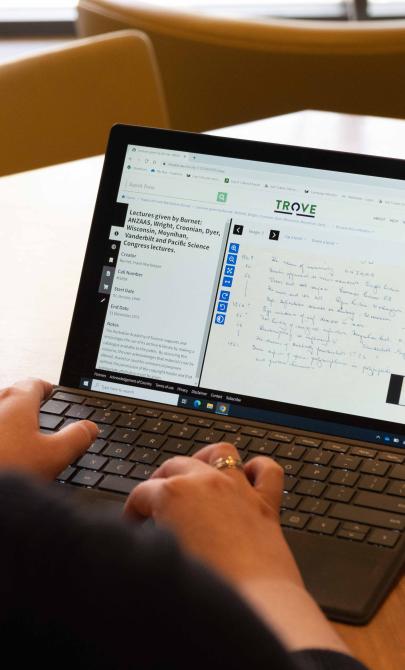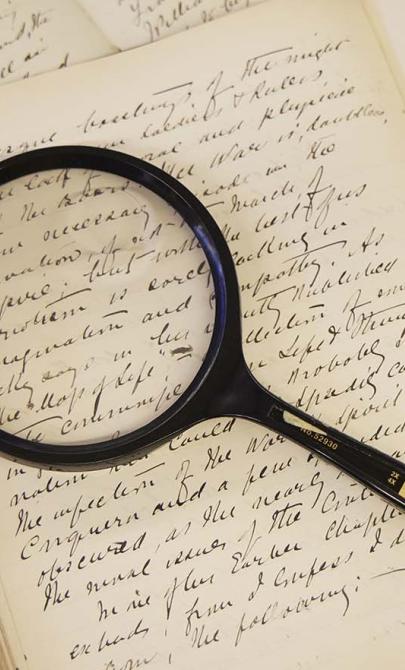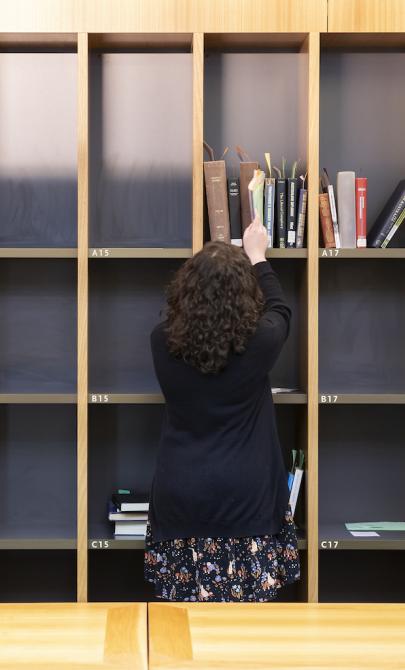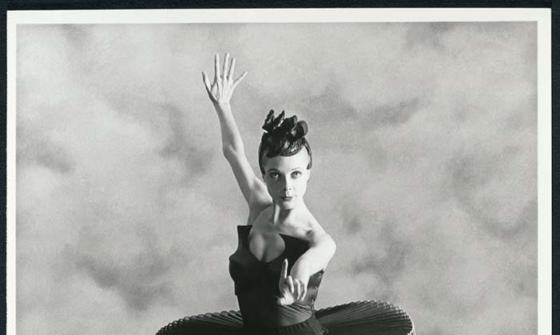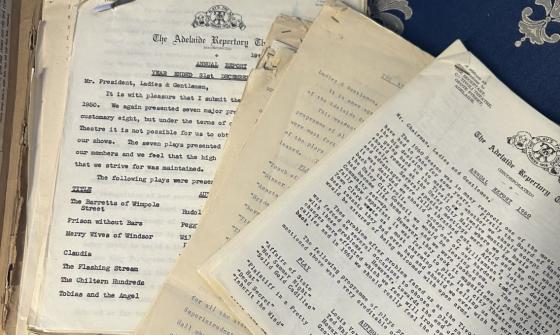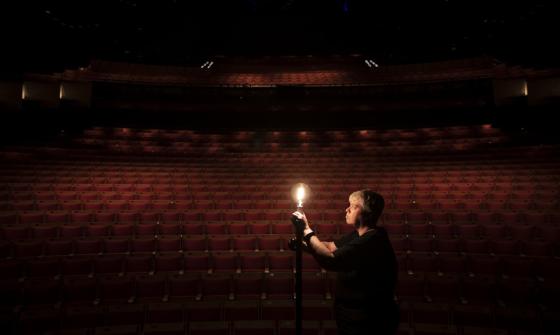Lyle Collection
Key items in the collection
The Emily Lyle Collection includes 50 tape recordings featuring reminiscences, stories and music relating to Scottish oral traditions in Australia. The 149 interviewees lived in Victoria, New South Wales, Tasmania and the Australian Capital Territory. They were either Scottish immigrants or descendants of Scottish immigrants
The interviews include reflections on life in Scotland, including the Orkney and Shetland Islands, and stories of migration and settlement in eastern Australia. Topics include:
- family history
- work as seamen, fishermen, miners, shearers, farmers and soldiers
- the formation and growth of Scottish communities
- the preservation of Scottish customs and traditions.
These traditions include:
- the Scottish Gaelic language and its teaching
- Presbyterian beliefs and practices
- food and drink
- weddings and funerals
- Gaelic societies, céilidhs, Highland games and other social events.
Music and performance
The recordings feature a range of traditional music and spoken word, including:
- Gaelic songs
- New Year and courtship songs
- fishing songs and pipe music
- marches, jigs and airs played on the accordion or mouth organ
- ballads and Hogmanay rhymes
- children’s verse, tall tales and anecdotes.
Notable interviewees
Notable contributors to the collection include:
- poet Les Murray
- journalist J.D. Pringle
- scientist Sir Rutherford Robertson
- writer Mary Turner Shaw
- singer and writer Glen Tomasetti.
About Emily Lyle
Emily Lyle (born 1932) was born in Glasgow and grew up in Kilbarchan, Renfrewshire, Scotland. She studied at St Andrews University, Glasgow University, and the Institute of Folk Life Studies at Leeds University.
Teaching and academic career
Lyle began her career teaching in secondary schools in Britain and New Zealand. In 1961, she became a lecturer in English at Ripon College of Education, and from 1965 to 1968 she worked as a Senior Lecturer at Neville’s Cross College in Durham.
From 1970 to 1995, she was a research fellow at the School of Scottish Studies at the University of Edinburgh, where she later lectured from 1995 to 1998. In retirement, she has remained connected to the university as an honorary fellow in the Department of Celtic and Scottish Studies.
Publications and editorial work
Lyle is the author or editor of several major works on Scottish ballads and folk song traditions, including:
- Fairies and folk: approaches to the Scottish ballad tradition (2007)
- Andrew Crawfurd’s collection of ballads and songs (2 vols,1975, 1996)
- The Greig-Duncan folk song collection (8 vols, 1981-2002).
She has also served as the editor of Cosmos, the journal of the Traditional Cosmology Society, since 1994.
Research in Australia
In October 1976, Lyle came to Canberra as a Visiting Fellow at the Humanities Research Centre at the Australian National University. Her research focused on Scottish oral literature in Australia.
Over six months, she travelled widely in search of Scottish immigrants and their descendants—not only in major cities, but also in regional areas such as:
- Camperdown, Warrnambool and Port Campbell in Victoria
- Lithgow, Mudgee, Armidale, Glen Innes and Maclean in New South Wales
- Port Campbell in Tasmania
Her fieldwork contributed to documenting the continuation of Scottish oral traditions in Australian communities.
Background to the collection
Dr Lyle donated copies of her tape recordings in 1977.
The Emily Lyle Collection is held in the Oral History and Folklore Collection.
There are transcripts of some of the recordings. They have been catalogued at the collection level and the 50 recordings have also been catalogued individually. A detailed index of the collection, compiled by the School of Scottish Studies at Edinburgh University, is available in the Oral History Branch.
This guide was prepared using these references:
- Frances J Fischer and Sigrid Rieuwerts eds., Emily Lyle: the persistent scholar, Trier, Wissenschaftlicher Verlag Trier, 2007
